
Validation of the Ascent of Human Scale AOH in Adults from Paraguay

Por: Jonathan Ayala, Andrea Alvarenga, & Yamila Rodríguez
C urrently, there are legal, constitutional, and biological indicators to identify whether an individual can be considered human, but the psychological parameters for humanity are more diffuse (Kteily et al., 2015). The action of depriving people of their human nature and treating them as if they were objects is known as dehumanization (Lammers & Stapel, 2011). This construct refers to denying human qualities to people or attributing characteristics of animals or objects to them (Lammers & Stapel, 2011); In addition, it can occur in two ways: a) subtle, when a human group attributes animal or machine traits to another group; and b) blatant, refers to the intentional denial of human characteristics to a group of people (Kteily & Bruneau, 2017b; Kteily et al., 2015).
There are several studies of blatant dehumanization and the relationship with discrimination (e.g., Boysen, Isaacs et al., 2020; Kteily & Bruneau, 2017a, among others). However, in South America there are limited studies, therefore, the validation of the Ascent of Human Scale (AOH) (Kteily et al., 2015) in adults from Paraguay is required.
For this reason, the AOH Scale was validated in a Paraguayan population (Ayala et al., 2023). In this instrumental study, the test was applied to 282 Paraguayan adults between the ages of 16 and 69 (SD = 12.8), male (n = 176, 62%) and female (n = 107, 38%), in paper and pencil format. Regarding reliability, test-retest were performed and the Pearson product-moment correlation coefficients r = .77 (95%, IC = .72, .89) and p = <.0001 were obtained. These high and significant associations indicate that the AOH Scale (Kteily et. al, 2015) presents stability.
Regarding criterion validity, significant associations were identified with the SDO7 Social Dominance Orientation Scale (Casalá & Delfino, 2021) (r = .18 to .22 and p <.05) and the RWA Right-Wing Authoritarianism test (Etchezahar et al. al., 2011) (r = .19 to .21 and p <.05). These results are similar to the original study by Kteily et al. (2015). In conclusion, there is evidence that supports the use of the AOH Scale (Kteily et. al, 2015) in adults in Paraguay.
References
Ayala, J., Alvarenga, A., & Rodríguez, Y. (2023). Validación de la Escala AOH en adultos de Paraguay. Informe de resultados de investigaciones de la Universidad Autónoma de Asunción UAA.
Boysen, G. A., Isaacs, R. A., Tretter, L., & Markowski, S. (2020). Evidence for blatant dehumanization of mental illness and its relation to stigma. The Journal of social psychology, 160(3), 346-356.
Casalá, M. B., & Delfino, G. (2021). Adaptación argentina de la nueva escala de Orientación a la Dominancia Social (SDO7). Revista de Psicología (PUCP), 39 (2), 553 -587.
Etchezahar, E., Cervone, N., Biglieri, J., Quattrocchi, P., & Prado-Gascó, V. (2011). Adaptación y validación de la versión reducida de la escala de autoritarismo de derechas (RWA) al contexto argentino. Anuario de investigaciones, 18, 237-242.
Kteily, N. S., & Bruneau, E. (2017a). Backlash: The politics and real-world consequences of minority group dehumanization. Personality & Social Psychology Bulletin, 43(1), 87–104. https://doi.org/10.1177/0146167216675334
Kteily, N. S., & Bruneau, E. (2017b). Darker demons of our nature: The need to (re)focus attention on blatant forms of dehumanization. Current Directions in Psychological Science, 26(6), 487–494. https://doi.org/10.1177/0963721417708230
Kteily, N., Bruneau, E., Waytz, A., & Cotterill, S. (2015). The ascent of man: Theoretical and empirical evidence for blatant dehumanization. Journal of personality and social psychology, 109(5), 901.
Lammers, J., & Stapel, D. A. (2011). Power increases dehumanization. Group Processes & Intergroup Relations, 14(1), 113-126.
Descarga el PDF de este artículo en Psicología Interamericana
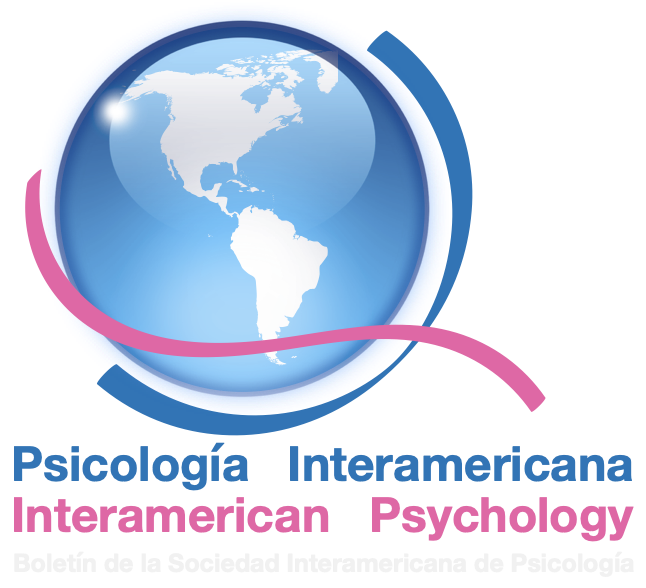


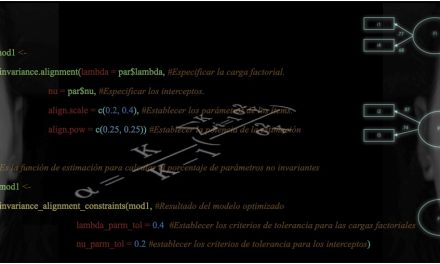
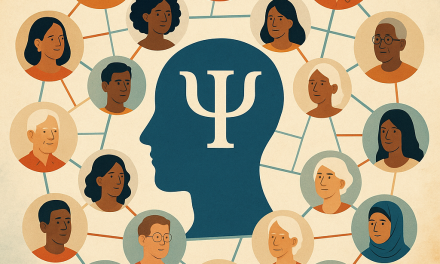




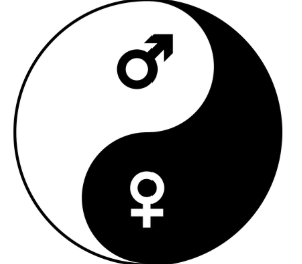
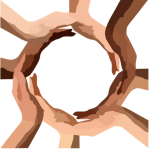


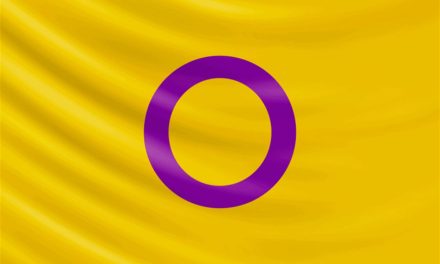



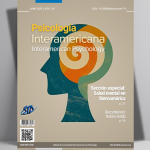


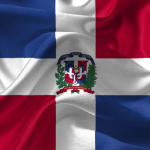

Trackbacks/Pingbacks